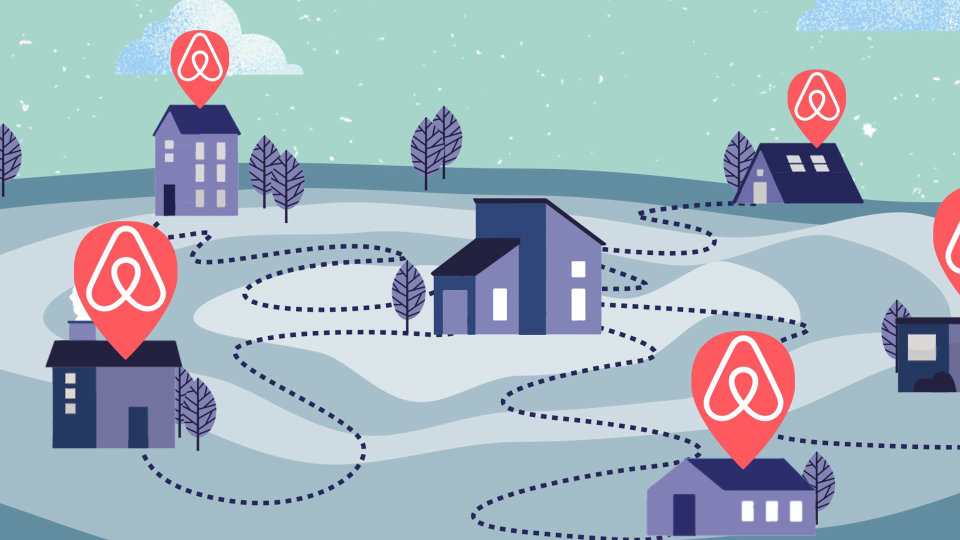
Do you have to pay tax on Airbnb income in Canada?
If you own any registered Airbnb properties, you must report earnings and expenses for the year. All Canadians are required to report Airbnb income to the CRA. Accommodation sharing income, must be reported for tax purposes.
In Canada, most Airbnb income qualifies as rental income. Rental income is money earned from renting out property (partly or fully) that you own or use for even a very short period, (e.g., 2 days/nights). You can deduct any reasonable rental expenses incurred to earn rental income. Make sure to keep a detailed record that supports the expenses incurred to earn rental income, as the CRA will want to verify the income/expenses in the event of an audit.
Categories of expenses you can claim
You can write-off Capital Expenses (e.g., cost of buying a cooking range, refrigerator, washing machine etc.). This, however, is required to be spread over the life of that asset and based on capital cost allowance rates prescribed by the Canada Revenue Agency.
Expenses you can claim will vary depending on whether you rent out your entire home or only part of it. You can only claim outlays related to the share of your home for the nights that you rented out.
Expenses- Current and Capital must be written-off in a pro-rata manner (e.g., if you rent for 2 months, expenses have to be divided as 2/12 = 16.67%). Again, Airbnb portion is 50% (i.e., If your total area is 2,000 sq.ft, and the rental portion is 1,000 sq.ft., you can write-off 50% of 16.67% = 8.33% of total expenses).
Airbnb income is declared on Line 12600. Fill-up form T776 to declare income and expenses as passive income. Once partly or fully rented out as Airbnb, your home is considered as ‘change in use of property’ and the Canada Revenue Agency must be informed.If you provide additional services such as meals, security, and cleaning, it may be considered as business income - Line 13500, Form T2125. Also, if you have more than one property as Airbnb, it can be classified under business.
Do you need to charge GST/HST as an Airbnb host?
If you rent your home on a short-term basis (i.e., less than 30 continuous days), income is subject to GST/HST. Long-term residential rents are exempt. Also, if your income through short-term rental exceeds $30,000 in four consecutive quarters, you are required to register for GST/HST. The same applies to a situation where your income is treated as business income. You can claim GST/HST on expenses (e.g., advertising, referral fees etc.) and pay GST/HST on a net basis. If you have not registered for GST/HST, your Airbnb is required to collect GST/HST from guests. If you are a GST/HST registrant, however, you are responsible to collect and remit GST/HST. Knowing all the tax rules are key, to help make the most of your Airbnb!
Posted on 01 Nov 2021


